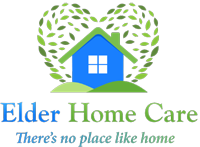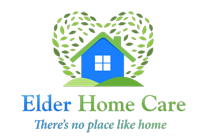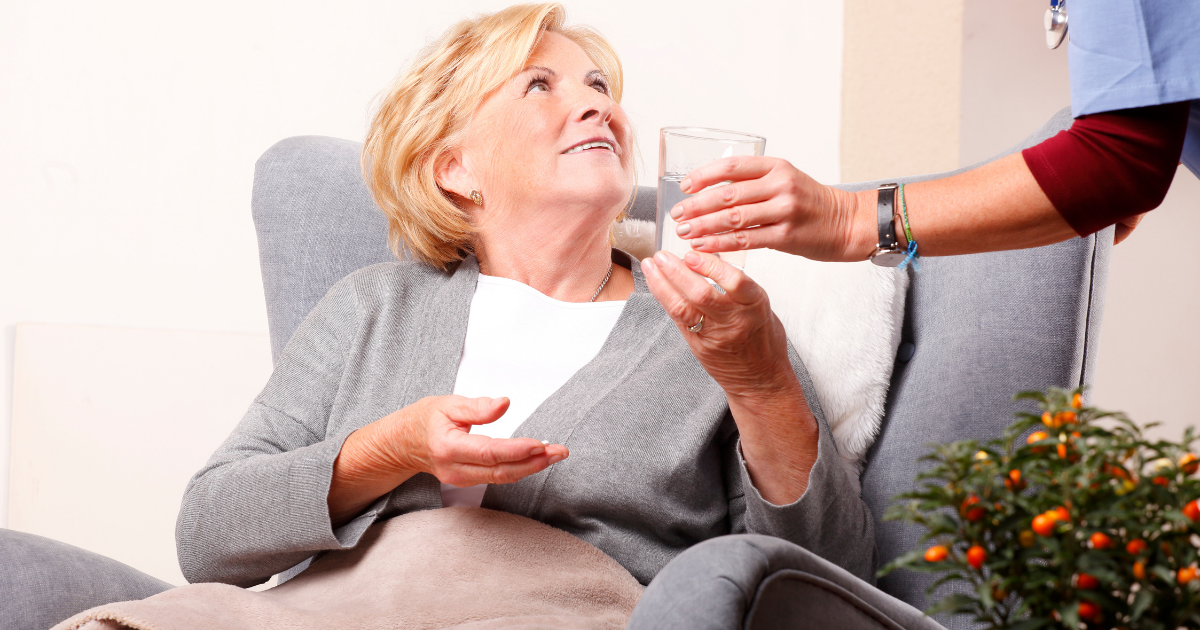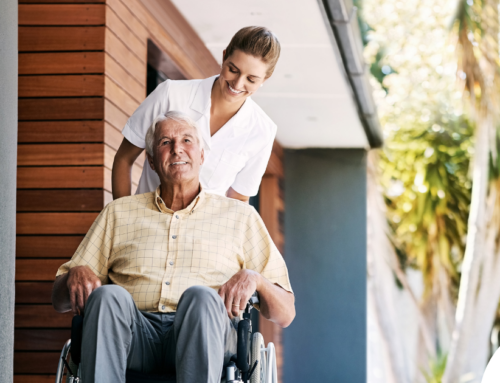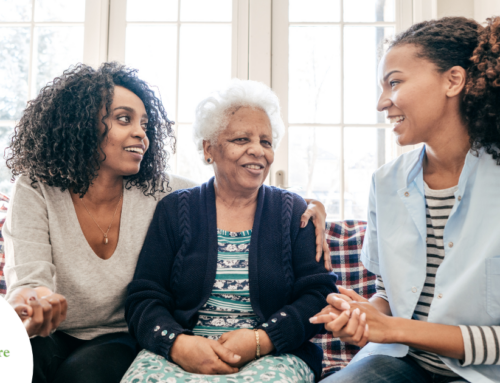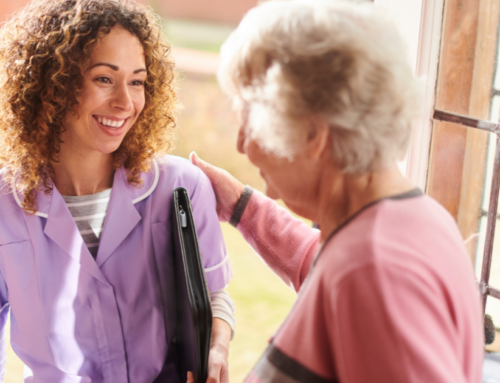If you have one, your home emergency kit probably contains standard supplies like drinking water, non-perishable food, first aid items, and batteries. Since getting stranded at home is also a possibility for those special seniors in your life, helping them prepare for the unexpected should also be a family priority. If that sounds like a plan, here’s how to design the perfect emergency survival kit for your aging loved ones.
Your Senior Emergency Kit Checklist
Every area of the country is prone to severe weather or natural disasters, including tornadoes, hurricanes, wildfires, winter storms, and earthquakes. Millions of older adults live with mobility issues that affect their ability to escape threats when their safety and survival weigh in the balance.
While helping them plan and prepare for the inevitable, here’s what to include in your senior’s emergency survival kit:
ID and health documents
Their kit should include copies of their driver’s license and insurance cards, along with other important documents such as power-of-attorney (POA), advanced medical directives, and a complete medication list.
Durable medical equipment
Most emergency shelters do not have durable medical equipment (DME) available on-site, which means older adults must bring their own. If your loved one uses DME like a mobility aid (cane, walker, etc.), CPAP device, oxygen equipment, or blood sugar monitor, have a contingency plan in place.
Personal care products
Your senior may require specific supplies to ensure their hygiene and comfort. Be sure to stock their kit with essential supplies like incontinence aids, bathing products, latex gloves, toilet paper, and commode liners. While you’re at it, don’t forget personal care items such as face masks, garbage bags, hand sanitizer, disinfectant wipes, and paper towels.
Prescription medications
Talk with your loved one’s doctor about obtaining an extra week’s supply of all their prescription medications. This will help your senior remain medication compliant even when their pharmacy is closed or inaccessible.
First aid kit
Although this is common sense, be sure that your loved one’s emergency kit contains first aid supplies like clean bandages, antibiotic ointment, small scissors, and antiseptic wipes.
Food and water
Pack your loved one’s “bug-out bag” with enough non-perishable food and bottled drinking water for at least three days. Ready-to-eat canned meats, fruits, and veggies, along with protein and fruit bars, dry cereal, granola, and peanut butter, make great additions to any emergency survival kit. Don’t forget to include a can opener and utensils.
Visual aids
If your loved one is blind or visually impaired, keep an extra cane by their bed with an attached whistle. Remind them to move around with caution during or immediately after an emergency, as items in the home may have shifted. As an added safety precaution, include an extra pair of glasses or other required visual aids in their emergency kit.
Hearing aids
Anyone who is hearing impaired should also include extra batteries for their hearing aids in their emergency supplies. When not in use, store hearing aids in a labeled container located in a designated space – for example, your senior’s nightstand – so they can quickly be found in an emergency.
Emergency communication plan
Since your family may not all be together when disaster strikes, devise a plan for how you will contact one another when road travel isn’t possible and phone lines are down. Place a list of key contacts such as family, friends, local shelters, and aid organizations, in a watertight bag.
Include your elderly loved one’s other care team members in your communication plan and determine a safe place where you all can rendezvous once traveling by road is feasible again.
An Extended Family in Your Senior’s Home
Keeping aging loved ones safe and comfortable from a distance can be challenging. At Elder Home Care, we understand that having a caregiver in your home – especially during an emergency – is a decision that requires trust. As your trusted senior care partner, our experienced caregivers are trained to provide professional, reliable care in the same respectful and friendly manner that they would treat their own family members.
Our commitment is to help your aging loved ones comfortably maintain their independence while treating them with respect, compassion, and empathy. To schedule a free, no-obligation assessment today for a senior in Nassau, Suffolk, Queens, Manhattan, Westchester, and the greater Philadelphia, PA and Austin, TX areas, visit Elder Home Care at: www.ehcus.com.
